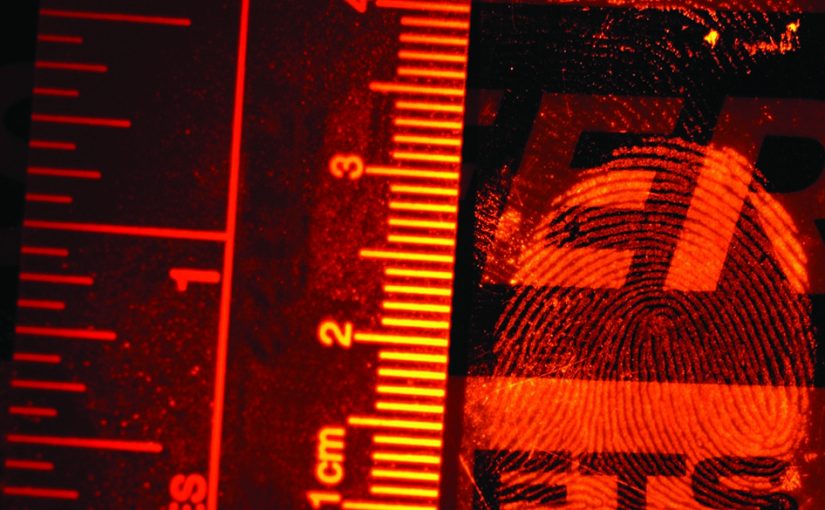
The fair and impartial policing (FIP) perspective–based on the modern science of bias—is consistent with the profession’s current emphasis on evidence-based policing, whereby policies and practices are based on scientific research. This perspective changes the way experts in the field of policing and bias have been thinking about, talking about, and training on this topic.
The scientific foundation of the FIP perspective comes from the social psychologists who have been studying bias and prejudice since the 1950s. Their research findings tell us two important things: (1) there are differences between “explicit” and “implicit” bias, and (2) bias today is more likely to be implicit rather than explicit.
With explicit biases, a person associates various groups (e.g., racial minorities, homeless) with negative stereotypes. These associations are based on animus or hostility toward the groups, and the person with these biases is well aware of them and unconcerned about the discriminatory behavior that they produce. As an example, an overt racist has explicit biases.


